2024 sugar-cane harvest: Canegrowers criticise Queensland milling companies
Australia’s largest cane-growing body has launched a blistering attack on sugar-milling companies, alleging poor performance has cost the industry well over $100 million.
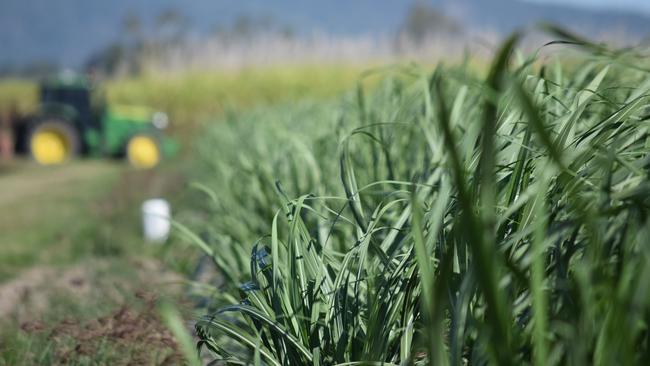
Whitsunday
Don't miss out on the headlines from Whitsunday. Followed categories will be added to My News.
Australia’s largest cane-growing body has launched a blistering attack on sugar-milling companies, alleging poor performance has cost the industry well over $100 million.
Canegrowers Chairman Owen Menkens said about 1.8 million tonnes of cane worth $179 million was yet to be harvested in Queensland.
“Some mills are still crushing, so it’s too early to tell how many tonnes will remain unharvested when the season finally ends, but that could happen any day given the continuing wet weather we’re experiencing across the state,” he said on Friday.
“What’s clear is that growers and harvesting contractors are going to take a huge financial hit this year due to delays that they have no control over.”
Raw sugar in Queensland is produced by Wilmar Sugar and Renewables, the state’s largest, and Mackay Sugar, the second largest, among others.
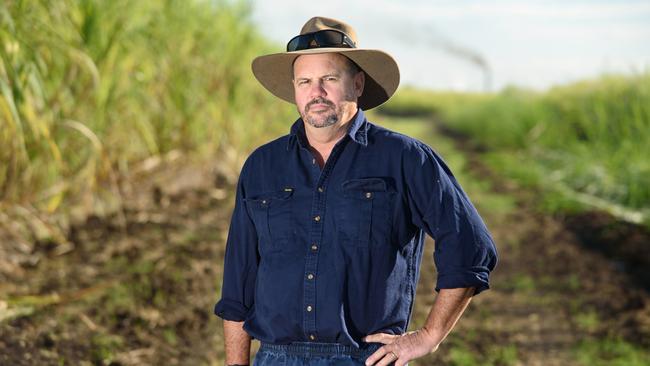
The Australian Sugar Milling Council (ASMC), the peak industry body for the Australian sugar milling sector, has been contacted for comment.
The ASMC have previously expressed dismay at grower groups such as Canegrowers repeatedly “talking down the sugar industry”, which supports more than 20,000 jobs, exports $2.5 billion each year, and contributes $4.4 billion to the Australian economy.
ASMC CEO Ash Salardini said on Friday that the 2024 sugar production season had been difficult, with all sectors of the industry have suffering from the national workforce shortage.
“We’ve also had rain at inopportune times, some challenges with plant reliability, disruptions due to industrial action and damage to transport infrastructure due to rain and flooding,” he said.
“These factors come at a cost to the whole industry, and I acknowledge the impact on growers and others in the supply chain.”
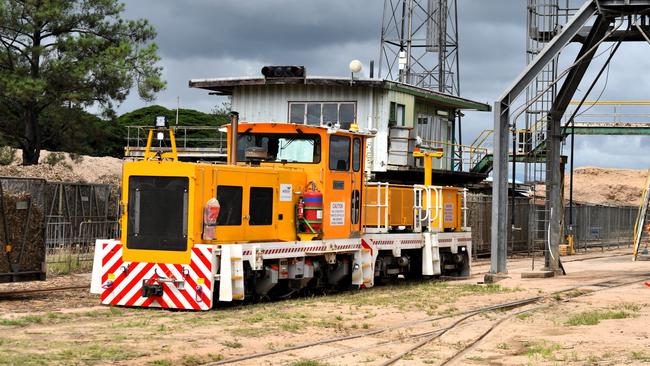
Mr Menkens conceded that mills also took a financial hit from standover cane and late-harvested ratoons, but said growers bore the brunt of the costs.
“As the crush drags past mid-November, rising temperatures and the onset of the rainy season create a triple blow – reduced sugar content in the cane, higher harvesting costs, and damage to wet paddocks, which require expensive remediation,” he said.
“Obviously mills lose out too, but of that $179 million, the cost to growers and harvesting contractors is $115 million, so the growing sector is by far the hardest hit.”
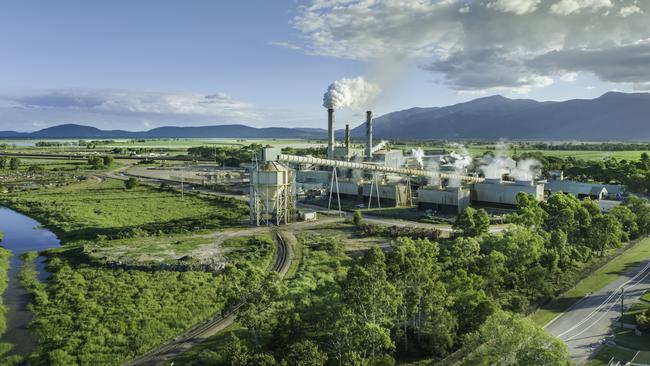
Mr Menkens said the underlying issues were Queensland’s sugar mills, “many of which are ageing, urgently require significant investment to meet modern standards”.
He said this was compounded by workforce shortages, including with mill workers, harvester operators and truck drivers.
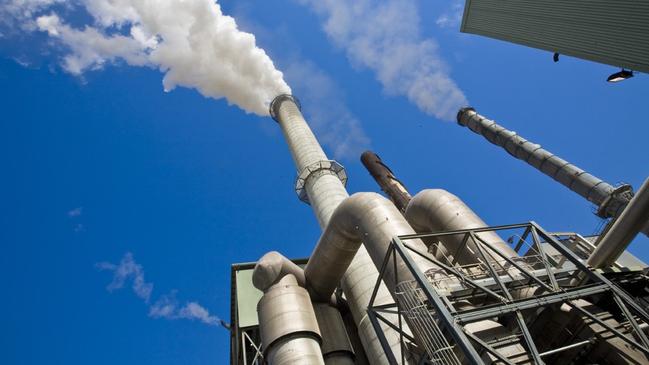
Mr Menkens emphasised the need for unity and transparency to overcome the systemic issues, including transparency.
“Every year the milling sector tells us the vast sums that they spend on maintenance and capital expenditure, but we don’t actually know what the true cost of bringing our mills up to speed might be,” he said.
“Spending $40-$50 million on capex sounds impressive, but if the true cost is $100 million then suddenly it doesn’t seem like nearly enough so transparency is essential.”
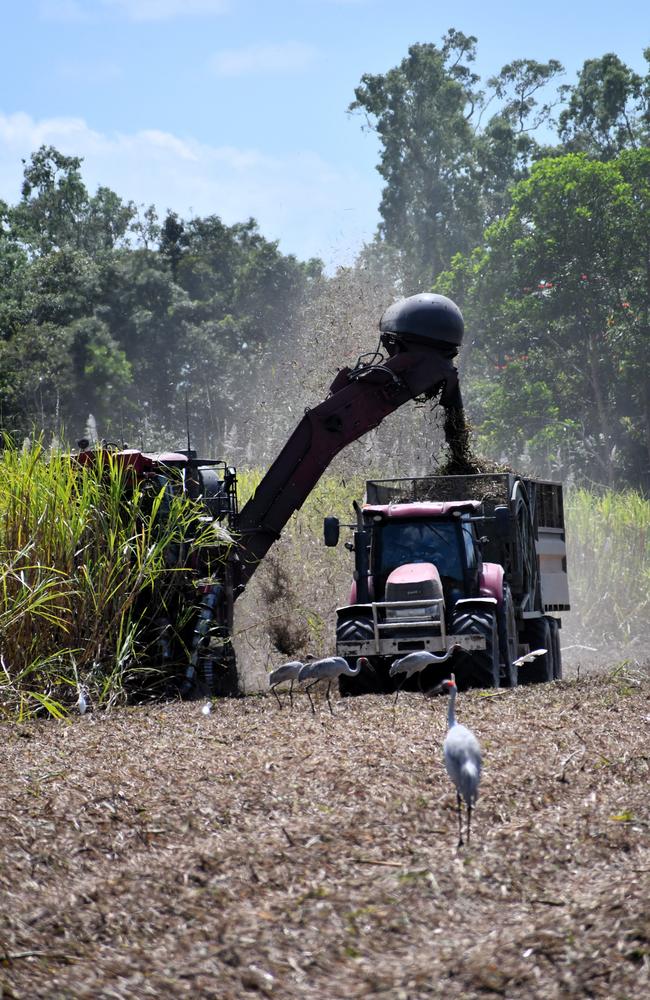
Mr Menkens said it was time to ease historic “tensions and mistrusts” between growers and millers for the sake of the industry’s survival.
While historical tensions and mistrust between growers and millers persist, the industry’s survival depends on building trust and working toward shared goals, Mr Menkens said.
“It’s time to move beyond blame and focus on solutions,” he said.
“With cooperation, we can realign our seasons and position Queensland’s sugarcane industry for a stronger future.”
Canegrowers represents about 75 per cent of cane farmers, including about 70 per cent in Queensland.
Mr Salardini agreed with Mr Menkins “on the need to build trust and work together across the supply chain”.
“The improvement in confidence that will come with this can attract the investments we need to have a stronger and prosperous sugar industry in the near and long-term future,” he said.
“We are committed to working with Canegrowers to overcome the systemic challenges we face as an industry.”
More Coverage
Originally published as 2024 sugar-cane harvest: Canegrowers criticise Queensland milling companies





